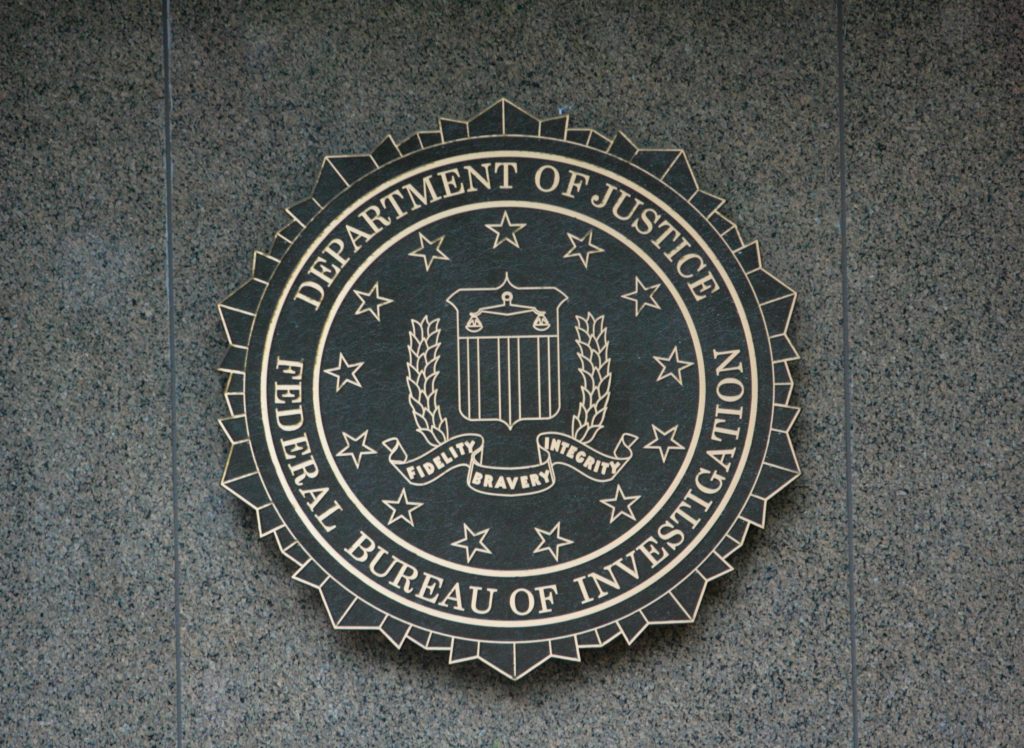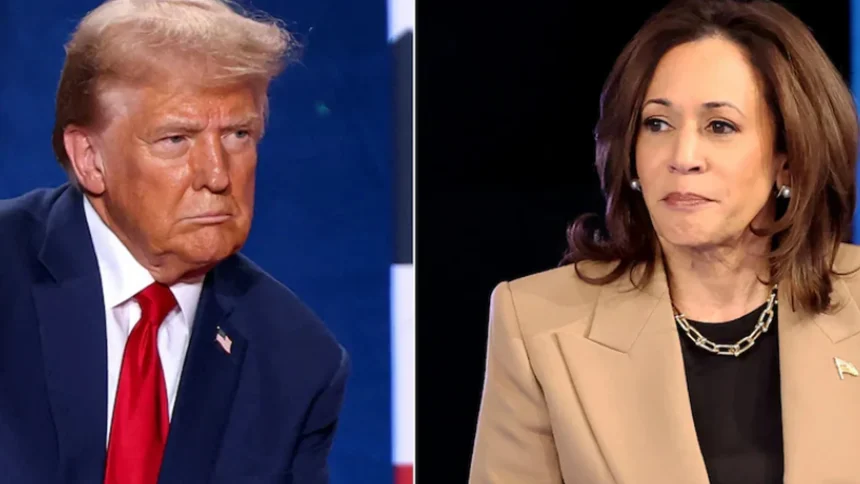FBI Links Bomb Threats at Polling Locations to Russian Email Domains Amid Election Day Disruptions
On Tuesday, the FBI confirmed that a series of bomb threats targeting polling locations across multiple U.S. states appeared to originate from Russian email domains. While none of these threats have been deemed credible, their disruptive nature has raised concerns over potential foreign interference in U.S. elections.
The timing of these threats, occurring on Election Day, has heightened attention on election security and the persistent challenge of safeguarding the voting process from intimidation tactics.
In a formal statement, the FBI acknowledged its awareness of these threats, clarifying that they were spread across several states and linked to Russian email sources. “The FBI is aware of bomb threats to polling locations in several states, many of which appear to originate from Russian email domains.
None of the threats have been determined to be credible thus far,” the agency said. While there has been no indication that the threats pose any real danger, the FBI continues to work with state and local law enforcement to monitor the situation and ensure voters can exercise their rights without fear.

Earlier in the day, CNN reported that U.S. intelligence officials were investigating an email account using a Russian internet domain as a potential source of the bomb threats. The threats impacted several polling places, including those in Georgia, briefly interrupting voting and prompting immediate responses from local authorities.
While officials reopened the polling locations after determining that the threats were unfounded, the incident underscored the vulnerabilities in the U.S. election infrastructure and the ongoing efforts by foreign actors to disrupt the democratic process.
READ ALSO: Georgia Election Disruptions: Secretary of State Links Non-Credible Bomb Threats to Russian Sources
According to the FBI, these threats are not considered credible at this time. However, the investigation into their origins remains a priority, as officials seek to determine the motives and actors behind the scare. Intelligence agencies are focusing on identifying the extent of foreign involvement and whether these threats form part of a larger campaign aimed at creating chaos during the election.
The U.S. has seen a rise in election-related security threats in recent years, especially from foreign entities seeking to exploit political divisions. Tactics like misinformation campaigns, hacking attempts, and intimidation through threats have become common tools in the effort to undermine American elections.
While Russia has frequently been named as a source of these disruptive activities, election security experts have noted that other foreign actors have also employed similar methods to destabilize the voting process.
The threats targeting polling stations have raised questions about the evolving nature of foreign interference in U.S. elections. Bomb threats, while generally low-risk in terms of direct physical danger, can be highly effective in creating fear and disrupting voting activities. Foreign actors might aim to erode voter confidence by making the election environment feel unsafe, possibly discouraging turnout in contested areas.
In response to these threats, the FBI has reiterated its commitment to protecting voters and ensuring the integrity of the election process. “Election integrity and protecting our community is our highest priority,” the FBI stated.
The agency’s collaboration with state and local law enforcement has strengthened over recent election cycles as the need for real-time responses to threats has grown. This coordinated approach aims to ensure that non-credible threats, like those received on Election Day, do not prevent citizens from casting their ballots safely.
While the FBI’s statement assures the public that the threats lack credibility, the agency’s swift and transparent response highlights the seriousness with which election-related threats are treated. Local law enforcement agencies across the states impacted have also reinforced security measures at polling locations, providing voters with reassurance that authorities are closely monitoring the situation.
The incident underscores the importance of election security in an increasingly digital world. Cybersecurity experts have long warned that foreign actors could use digital means—such as email threats, hacking attempts, and misinformation campaigns—to create disruptions without requiring physical proximity.
Russian email domains, in particular, have been associated with a range of interference efforts in recent years, as cyber actors capitalize on the reach and anonymity that the internet provides.
As voting technology and communication methods evolve, so too must the measures to counteract potential threats. From advanced threat detection to international collaboration on cybersecurity, U.S. election officials face an ongoing challenge in protecting the democratic process from hostile foreign influence. These efforts are crucial in an era when the perception of insecurity, even if unfounded, can impact voter turnout and public trust in elections.
Despite the Election Day bomb threats, voting continued largely uninterrupted across affected states, with officials committed to ensuring that all citizens could cast their ballots safely. The FBI’s involvement and rapid response highlight the resilience of the election system and the determination of federal, state, and local agencies to secure the voting process against interference.

As the investigation continues, the importance of vigilance and preparedness in election security cannot be overstated. The recent incidents serve as a reminder that foreign actors continue to seek ways to disrupt U.S. elections, whether by direct or indirect means.
However, the coordinated response from federal and state agencies demonstrates a growing resilience to such threats, with law enforcement prepared to act swiftly in safeguarding voters and upholding the integrity of the democratic process.
In an era when digital threats pose as much of a challenge as physical ones, the United States’ response to Election Day disruptions reinforces a commitment to ensuring that intimidation tactics do not prevent citizens from participating in democracy. The investigation into these Russian-linked threats continues, and authorities remain steadfast in their mission to protect the right to vote from both visible and unseen threats.

